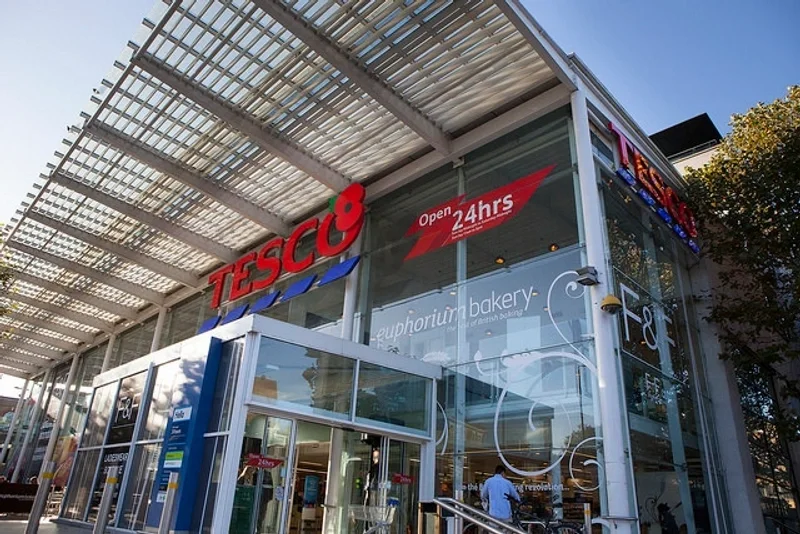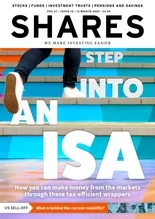
Grocery titan Tesco (TSCO) rises 2.65p (1.13%) to 237.4p, despite unveiling dire annual numbers including the biggest loss by a UK retailer. Signs CEO Dave Lewis' bold turnaround plan is working and positive steps to strengthen the balance sheet explain a counter-intuitive share price rise.
You can read through Tesco's woeful full-year results here. In short, 'Drastic' Dave has taken the 'everything but the kitchen sink' approach, getting all the bad news out the way. And there's plenty of it too. He announces a £1.4 billion trading profit, in-line with guidance but down the best part of 60% year-on-year, as well as an alarming 3.6% decline in UK like-for-like sales (ex-fuel) amid discount competition and a backdrop of industry-wide price-cutting, though Tesco's investment in service, product and pricing delivered like-for-like volume growth in the fourth quarter.
But the figure that's got everybody talking is the supermarket's record statutory pre-tax loss of almost £6.4 billion. Worse than the gloomiest City forecasts, this gigantic loss is struck after a £4.7 billion write-down in the value of Tesco's property portfolio, to ensure tough market conditions and declining store profitability are reflected on the balance sheet.
Tesco, which closed 43 unprofitable UK stores earlier this month, has scaled back its cap ex plans as it prioritises the balance sheet and conserves cash. As announced in January, there's no final dividend - 'future dividends will be considered within the context of the performance of the group, free cash flow generation and the level of indebtedness' - while Tesco has agreed a plan with the trustees of its pension scheme to pay £270 million a year to help mend its £3.89 billion pension deficit.
Today's numbers cap a tumultuous year for Britain's biggest retailer, still being investigated by the Serious Fraud Office (SFO) after overstating its half-year profit forecast by £263 million. 'It has been a very difficult year for Tesco,' says Lewis. 'The results we have published today reflect a deterioration in the market and, more significantly, an erosion of our competitiveness over recent year. We have faced into this reality, sought to draw a line under the past and begun to rebuild, and already we are beginning to see early encouraging signs from what we've done so far.' However, the outlook is downbeat, with Lewis warning 'the market is still challenging and we don't expect this to change in the immediate future.'





